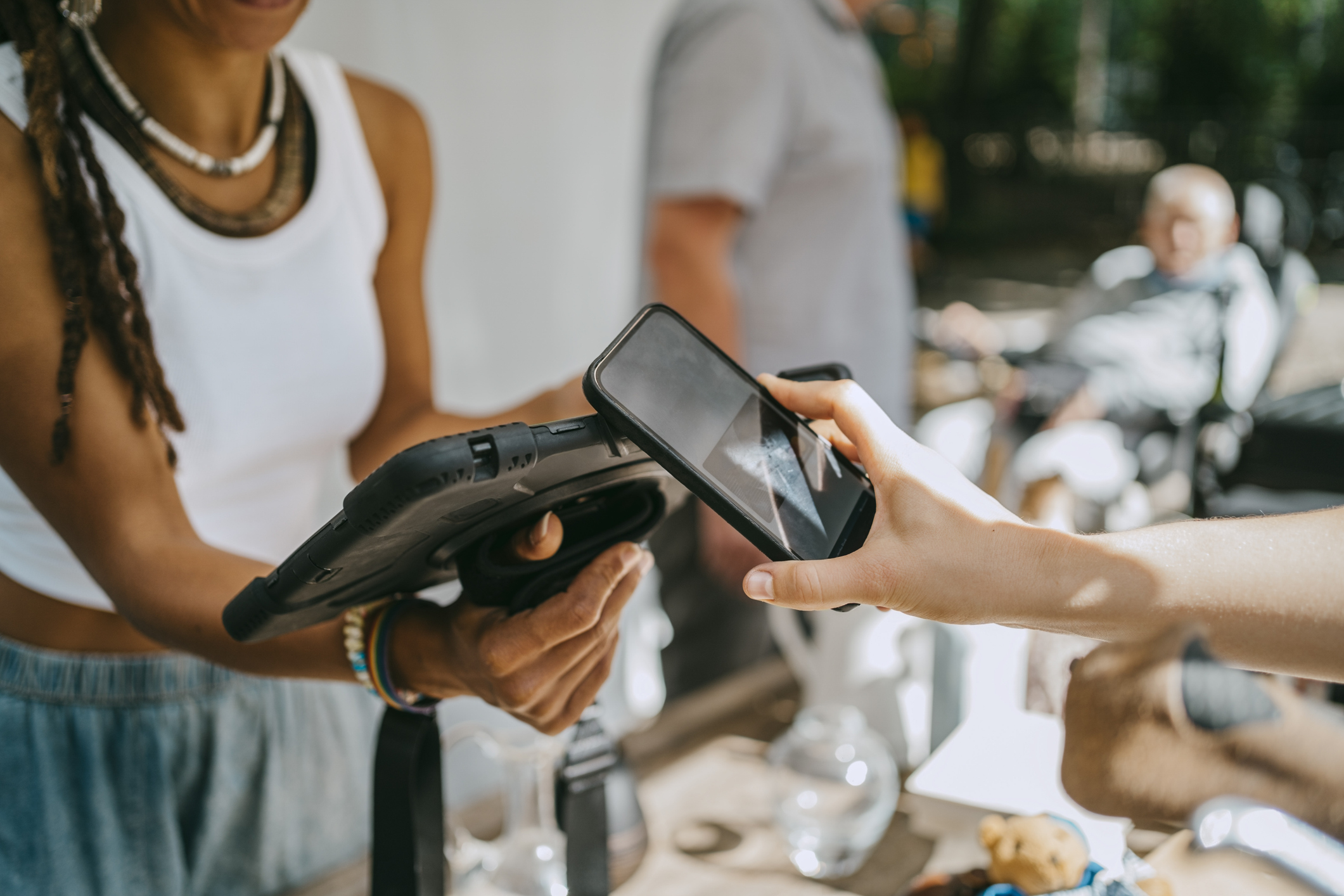In two weeks, iPhone users in the European Union will be able to use any mobile wallet they like to complete "tap and go" payments with the ease of using Apple Pay.
The change comes as part of a settlement with the European Commission (EC), which investigated Apple for potentially shutting out rivals by denying access to the "Near Field Communication" (NFC) technology on its devices that enables the "tap and go" feature. Apple did not develop this technology, which is free for developers, the EC said, and going forward, Apple agreed to not charge developers fees to provide the NFC functionality on its devices.
In a press release, the EC's executive vice president, Margrethe Vestager, said that Apple's commitments in the settlement address the commission's "preliminary concerns that Apple may have illegally restricted competition for mobile wallets on iPhones."
"From now on, Apple can no longer use its control over the iPhone ecosystem to keep other mobile wallets out of the market," Vestager said. "Competing wallet developers, as well as consumers, will benefit from these changes, opening up innovation and choice, while keeping payments secure."
Apple has until July 25 to follow through on three commitments that resolve the EC's concerns that Apple may have "prevented developers from bringing new and competing mobile wallets to iPhone users."
Arguably, providing outside developers access to NFC functionality on its devices is the biggest change. Rather than allowing developers to access this functionality through Apple's hardware, Apple has borrowed a solution prevalent in the Android ecosystem, Vestager said, granting access through a software solution called "Host Card Emulation mode."
This, Vestager said, provides "an equivalent solution in terms of security and user experience" and paves the way for other wallets to be more easily used on Apple devices.
An Apple spokesperson told CNBC that “Apple is providing developers in the European Economic Area with an option to enable NFC contactless payments and contactless transactions for car keys, closed loop transit, corporate badges, home keys, hotel keys, merchant loyalty/rewards, and event tickets from within their iOS apps using Host Card Emulation based APIs."
To ensure that Apple Pay is on an equal playing field with other wallets, the EC said that Apple committed to improve contactless payments functionality for rival wallets. That means that "iPhone users will be able to double-click the side button of their iPhones to launch" their preferred wallet and "use Face ID, Touch ID and passcode to verify" their identities when using competing wallets.
Perhaps most critically for users attracted to Apple's payment options convenience, Apple also agreed to allow rival wallets to be set as the default payment option.
These commitments will remain in force for 10 years, Vestager said.
Apple did not immediately respond to Ars' request for comment. Apple's spokesperson confirmed to CNBC that no changes would be made to Apple Pay or Apple Wallet as a result of the settlement.


